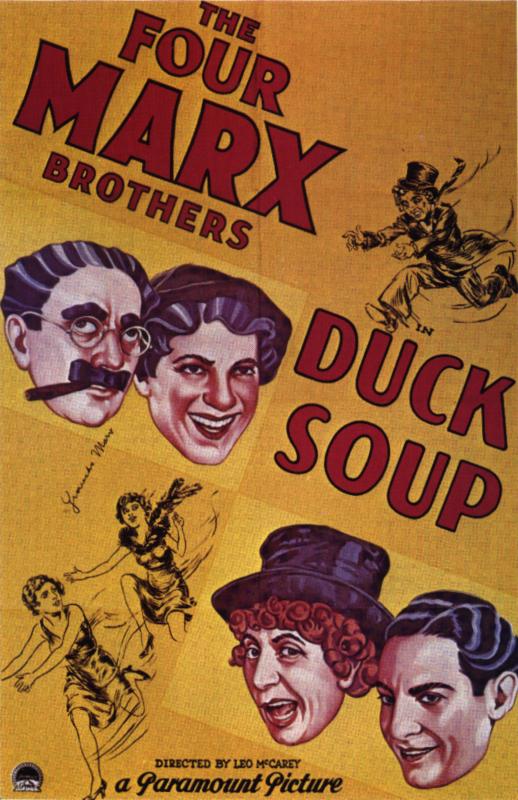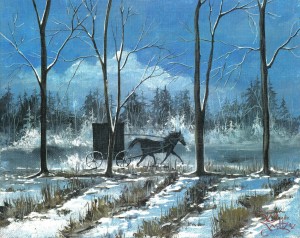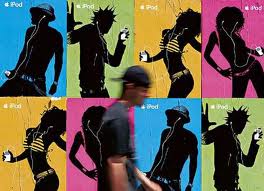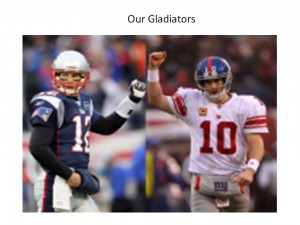Originally, Duck Soup’s release was anything but inspiring. As one of the last films the Marx Brothers did with Paramount, it was received with shunned indifference. You might be wondering why, considering it being the Marx Brothers, the Golden Boys of comedy. There are certainly theories circulating, but a general consensus seems to be that the overall chemistry of the Marx Brothers had changed. Between creative disputes with Paramount, internal tensions growing, and general financial issues, many thought Duck Soup didn’t contain the same energy as their earlier films, like Horse Feathers and Monkey Business. But now, Duck Soup is considered to be a masterpiece of the Marx Brothers and has received rejuvenated praise from critics.
It begs the question, is Duck Soup like some fine wine that just needed time to flourish? Perhaps, but its reawakened popularity could be more of an indication of modern times. It depicts a country, aptly named Freedonia, who, in order to gain financial support from a rich matron, elects a president (played by Groucho) completely incompetent and wise-cracking who then leads the country to war. Duck Soup mocks this blind patriotism to justify violence when at the center of it all, the motivating factors pushing public officials along, is the hope for money. It resembles modern day eerily, but with a lot more slap-stick comedy.
Through the art of comedy, the Marx Brothers have almost been great at exposing the gritty components of human nature, and that theme is ever present within Duck Soup. It’s a film about the hypocrisy of not just public officials and the rich, but how we all succumb to it (i.e. the masses), since, despite what we like to believe, we’re not exempt from what our country does.
While perhaps Duck Soup was most prominently commenting on Benito Mussolini and Fascist Italy, along with other totalitarian forces gaining prominence at the time, Duck Soup does well over time because of its use of metaphor, which allows the film to transcend generational settings. Groucho does very well in portraying the facsimile of a leader that uses his charm, wit, and illusion to bend the will of those around him with promises of liberty and peace, while covertly, and hilariously, plotting to go to war. And so while Duck Soup is most blatantly a comedy, the film does so much more by commenting on inherent faults with society’s conception of interdependent interactions, most obviously politics.
The other reason why Duck Soup is such an important film that everyone needs to see, beyond the fact that it was made by the Marx Brothers, is that it demonstrates that the problems that are occurring now within our sociopolitical system are not unique. In fact, it has happened before, and the Marx Brothers comedically capture these problems ingeniously in Duck Soup.
Duck Soup,




